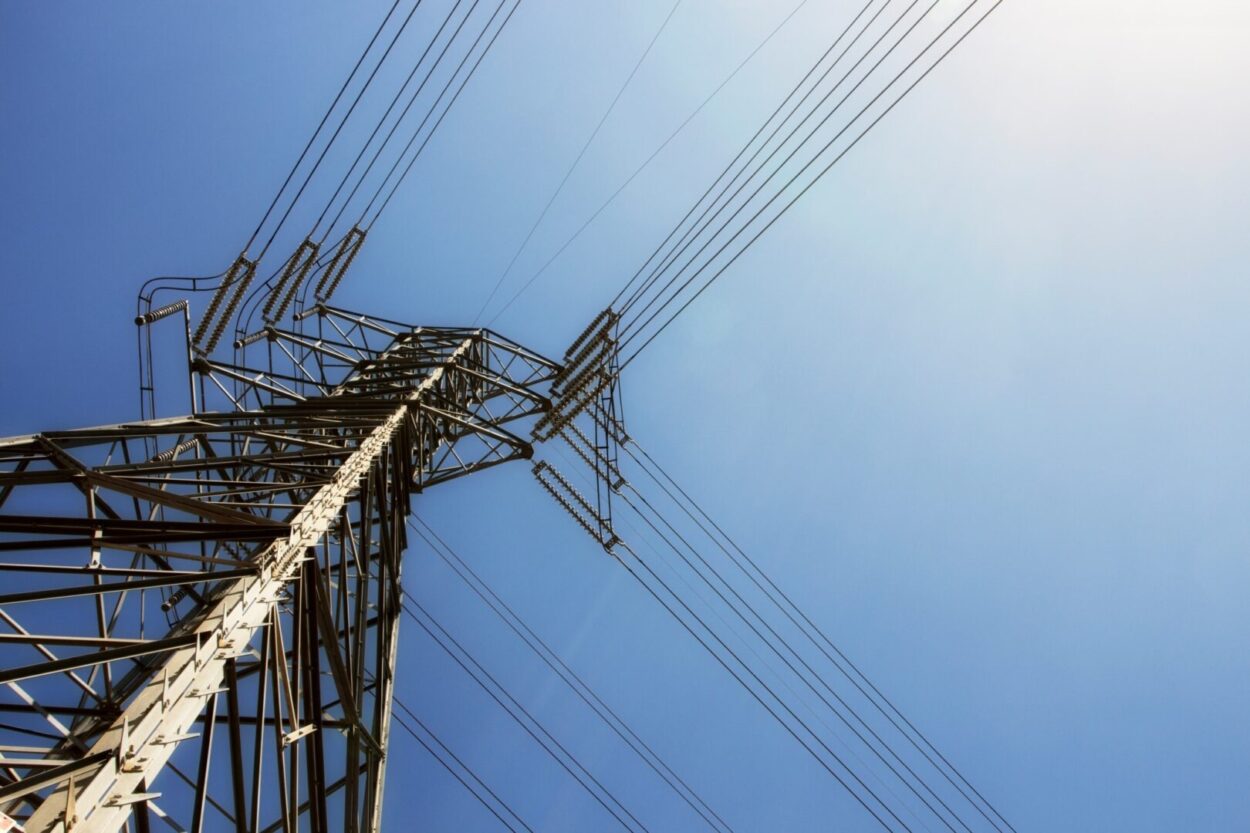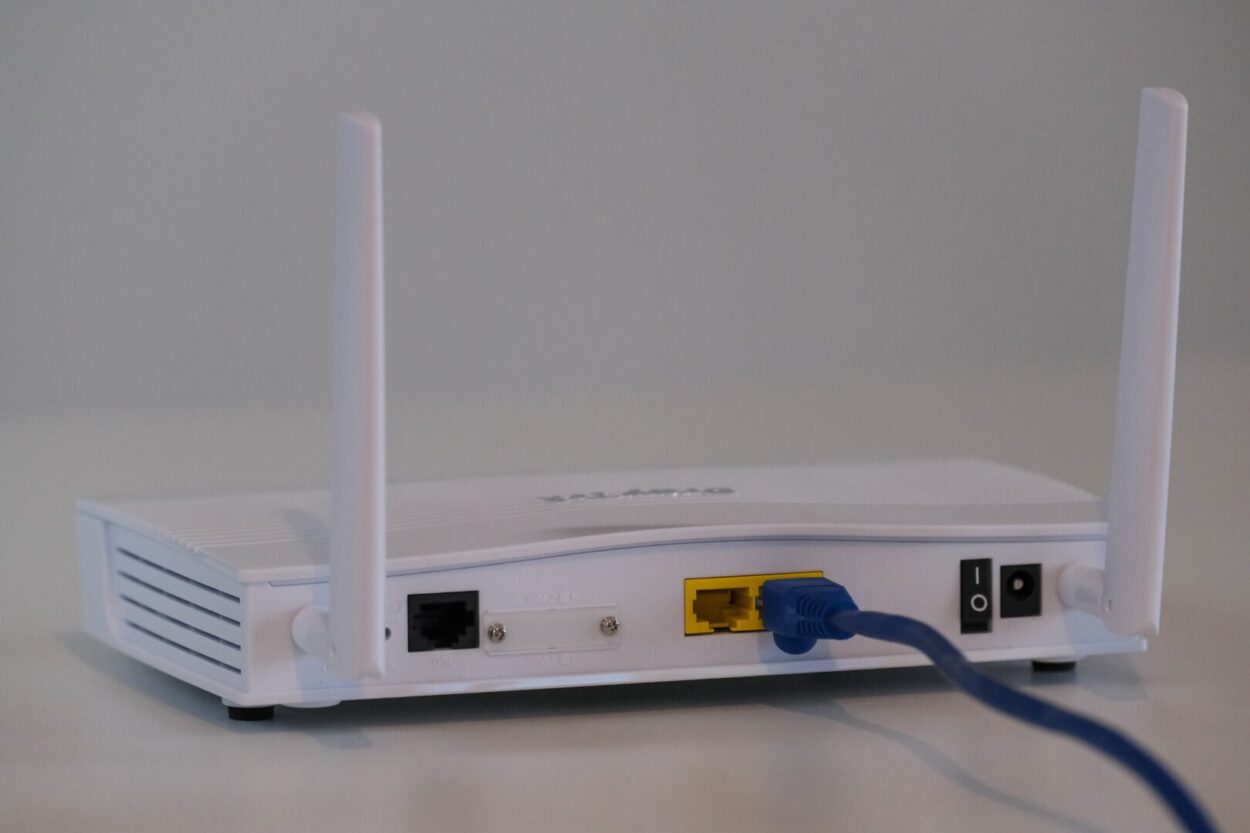Jasmine Birtles
Your money-making expert. Financial journalist, TV and radio personality.


Do you know about Social Tariffs? Ofcom has discovered that millions of families struggling with the rising cost of living could save up to £200 a year on their annual broadband costs. In 2025, around 5.3million households currently struggle to pay for their broadband.
Special offer broadband packages – often referred to as social tariffs – are available to up to 8 million people in receipt of Universal Credit. However, about half (49%) of all eligible households still don’t claim the lower-priced tariff they’re entitled to.
Five of the main broadband providers include Sky, BT, Virgin Media, EE, Vodafone, all offering tarriffs between £10 – £23.
Ofcom is pressuring other providers to offer social tariffs, and smaller providers do sometimes have an offering – so it’s always worth checking. It may not be advertised, so you could call your provider to find out.
Ofcom are concerned, however, after seeing limited evidence of providers actively promoting the concept of social tariffs; these deals are largely left out of broadband advertising or price comparison websites.
Any discounted deals are also being touted as important to inform customers about: communication about these as well as social tariffs is being urged, as is the providers’ need to make the information clear and prominent on websites. Ofcom are also stressing that it needs to be easy for customers to sign up and to realise and express their eligibility without providers making it confusing or difficult to do so.
“People rely on their broadband for staying in touch, working and learning from home. But for those who are really struggling with rising bills, every penny counts,” says Lindsey Fussell, Ofcom’s Network and Communications Group Director. “Special discounts can make all thdifference, and too many broadband firms are failing either to promote their social tariff or to offer one at all. We expect companies to step up support for those on low incomes, and we’ll be watching their response.”

Ernest Doku, broadband expert at uswitch.com, comments: “It’s shocking to think that so many vulnerable people have never heard of social tariffs. While raising awareness plays a large part, there are still too many big broadband providers who are not offering help via social tariffs for their customers.
“At a time when the cost of living is soaring for many households, more needs to be done to make people aware of the deals that are available to those customers who struggle the most.
“Social tariffs are an important way for financially vulnerable households to get a decent service at a lower cost, and providers like BT, Virgin Media, Community Fibre, Hyperoptic and others are all doing their bit to help out. Providers are also incentivised to offer these types of tariffs, as Openreach has offered to waive the connection fees providers are faced with, should they opt to connect vulnerable households to their network. If you’re claiming one or more Government benefits in your household, you could be entitled to switch to these tariffs, which could reduce your broadband bills by hundreds of pounds a year on average. If a social tariff isn’t for you, or isn’t currently available at your location, try considering what you need from your broadband and mobile before locking into a contract and don’t overpay for data or speeds you don’t need.”
It appears that because broadband providers aren’t advertising that they offer this, the best way to access these discounts is to speak to your service provider personally.
There are several broadband social tariffs available for those on specific benefits. If your current provider doesn’t offer a social tariff, consider switching to one of these:
If you are interested and want to access on of these tariffs, you should first check eligibility.
If you are looking for ways to save money at the moment – sign up to our money saving email here.

even though i’m on a fixed rate with british gas, i wish they would offer a cheaper social tariff for those on benefits such as U.C.
United Utilities (northwest water) don’t offer any deals either!!!!